As society progresses, we're accustomed to upgrading our gadgets every few years—whether it's the latest smartphone, a more powerful processor, or a cutting-edge graphics card. However, old hardware often finds itself either resold or discarded, despite remaining fully functional and occasionally indispensable in unexpected ways.
Below are eight fascinating examples showcasing how outdated tech still holds its ground:
Retro Computers Mining Bitcoin
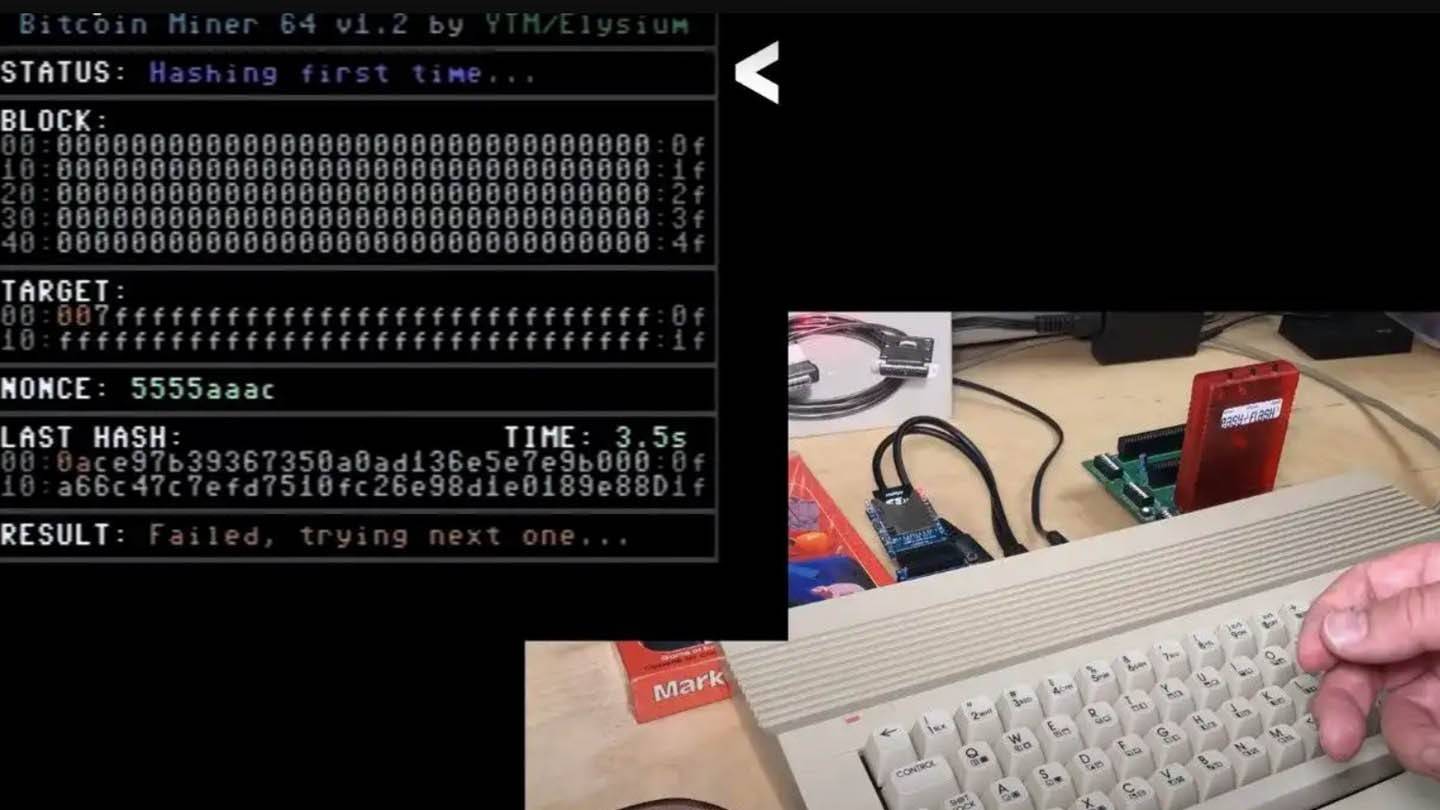
An enthusiastic retro-computing aficionado demonstrated that the Commodore 64, released in 1982, could mine Bitcoin. However, its performance is underwhelming—it manages only 0.3 hashes per second thanks to its 8-bit, 1 MHz processor. For perspective, an RTX 3080 GPU handles 100 million hashes per second. At this rate, earning one Bitcoin with the C64 would take roughly a billion years.
Another YouTuber, stacksmashing, attempted to mine Bitcoin using a Nintendo Game Boy from 1989. By connecting the console to the internet via a Raspberry Pi Pico microcontroller, he ran a mining program. The Game Boy operates at 0.8 hashes per second, marginally faster than the C64 but approximately 125 trillion times slower than modern ASIC miners. Mining one Bitcoin with the Game Boy would require more time than the universe has existed.
A Reliable Mechanic’s Assistant Since the '80s
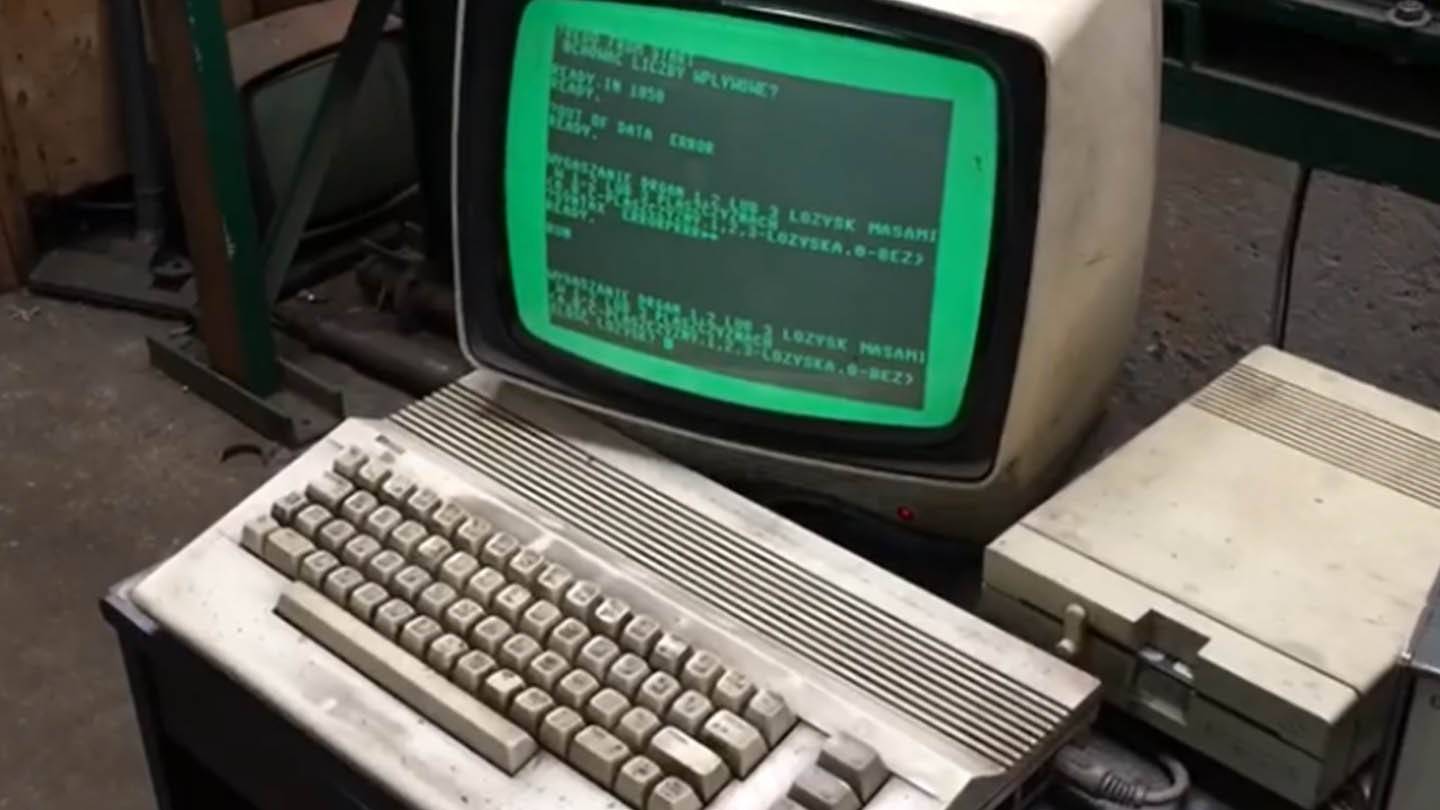
In the Polish city of Gdansk, a Commodore 64C has been assisting mechanics for over three decades. Despite surviving a flood, the computer continues to perform flawless drive shaft calculations. This relic illustrates that older technologies sometimes outlast their modern successors. With a 1 MHz CPU and just 64 KB of memory, the C64C effortlessly runs custom software developed by the business owner.
Vintage Tech as a Bakery POS System
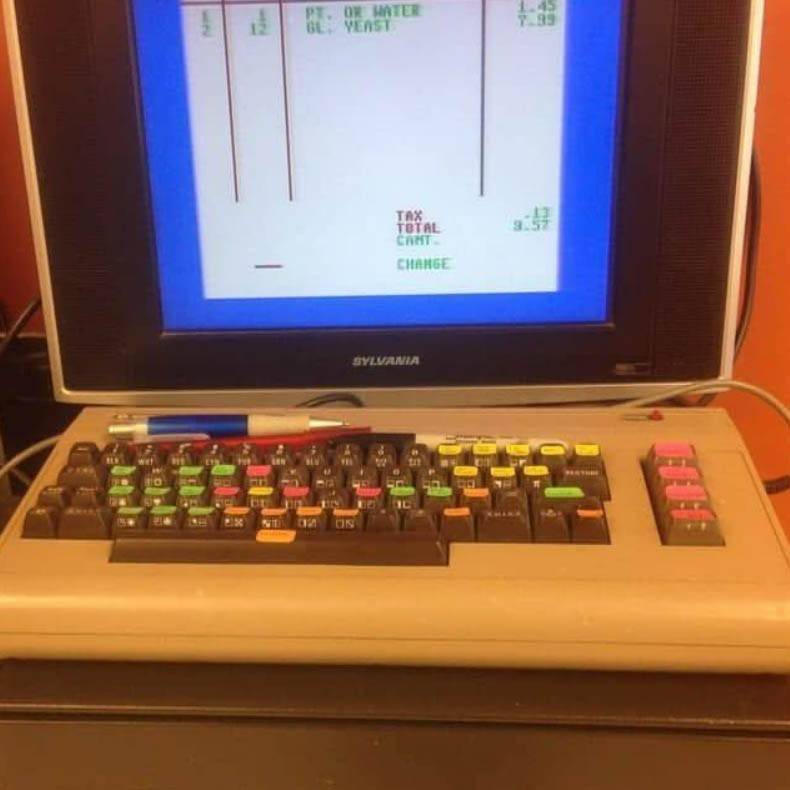
A bakery in Indiana relies on a Commodore 64 as its point-of-sale (POS) system, affectionately called the "breadbox." Unlike modern POS systems prone to software update issues, the C64 remains reliable after updating only the keyboard labels for baked goods.
Outdated Systems Managing Nuclear Arsenals
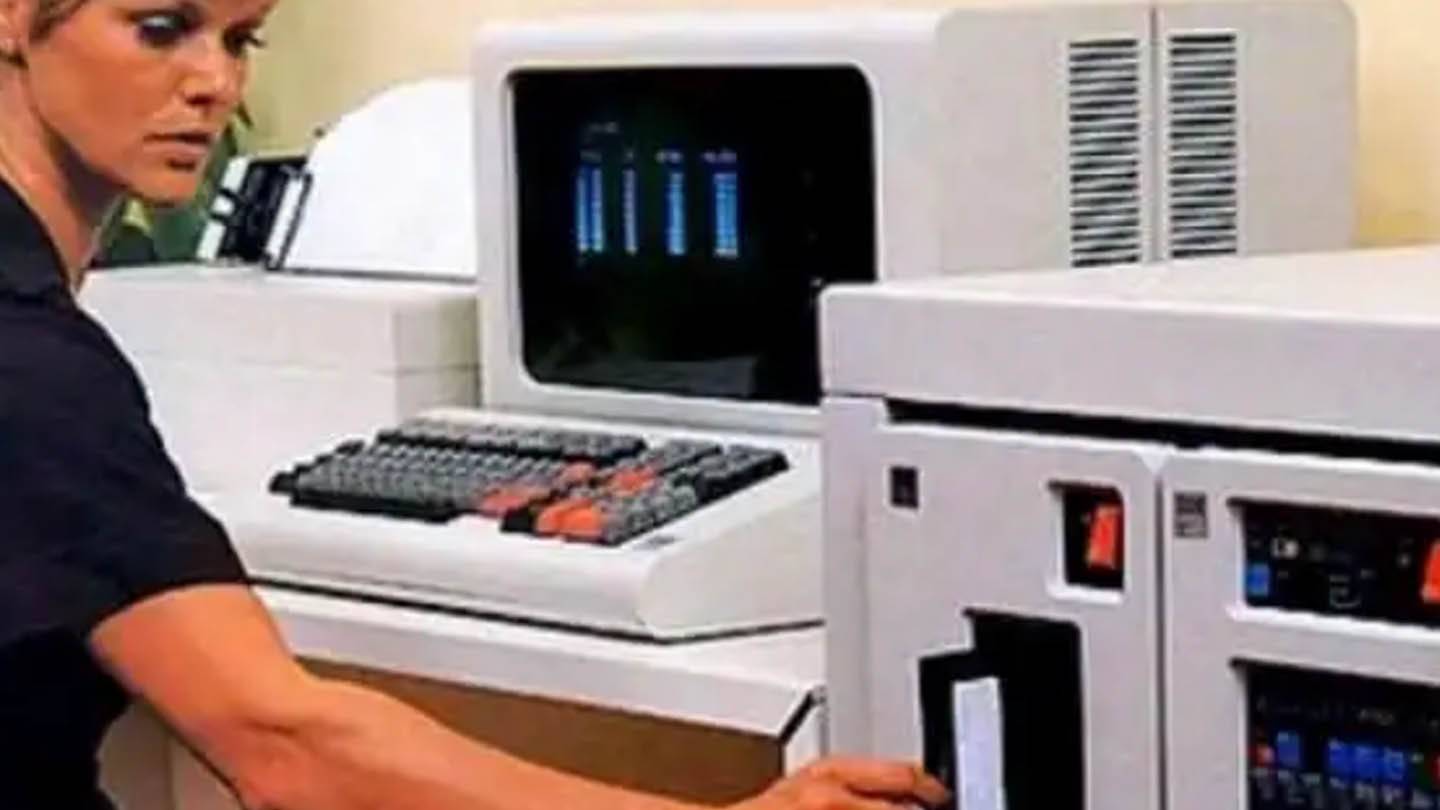
Surprisingly, the United States manages its nuclear arsenal through an IBM computer from 1976, equipped with 8-inch floppy disks capable of storing less than 80 KB of data—far less than the average text message. Although modernization plans exist, the current setup endures due to its proven reliability.
Similarly, Germany's Brandenburg-class frigates employ 8-inch floppy disks despite being built in the 1990s with advanced weaponry. Efforts to upgrade include installing floppy disk emulators, yet nostalgia keeps the original system intact.
Windows XP Powers Multi-Billion Dollar Aircraft Carrier
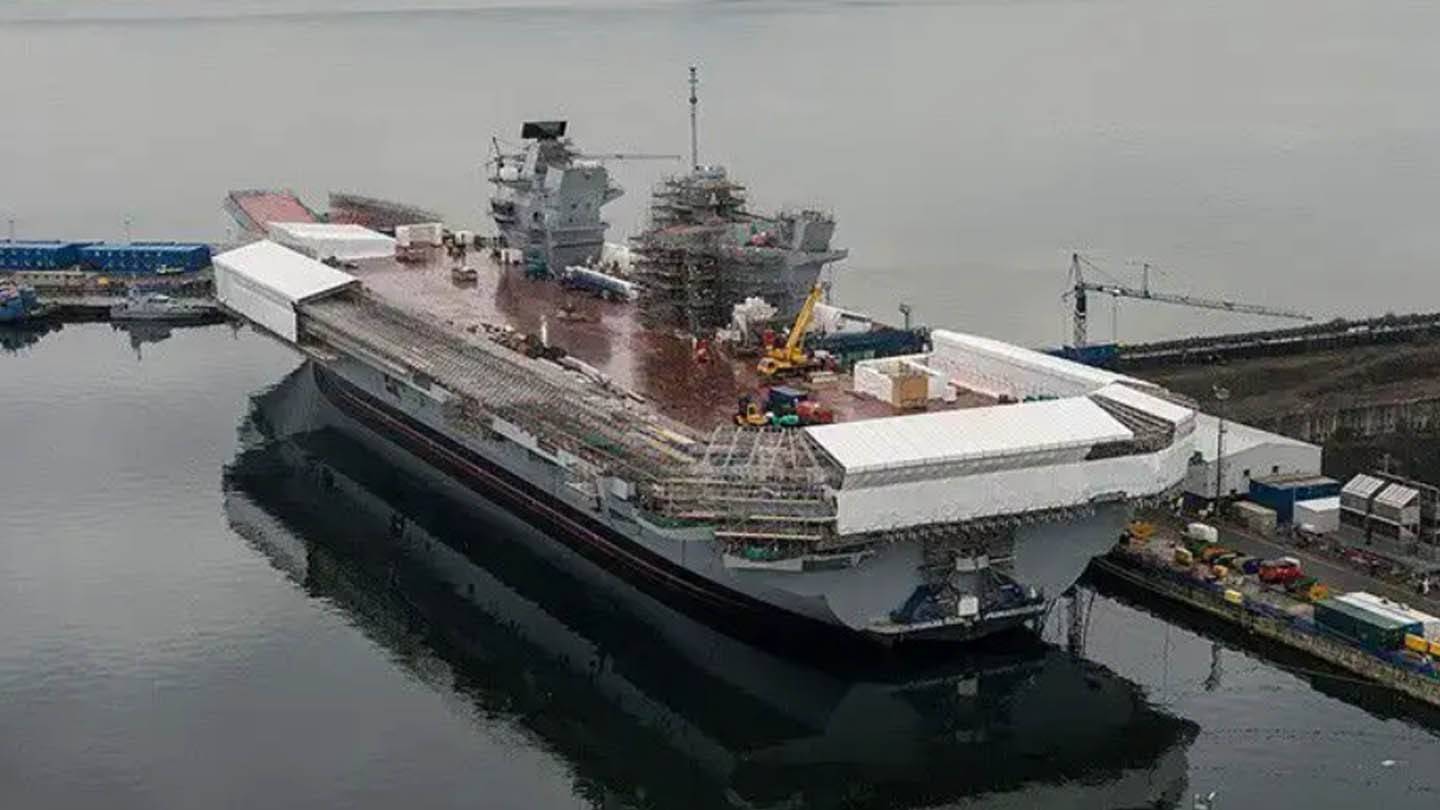
The British aircraft carrier HMS Queen Elizabeth, worth billions, operates on Windows XP—an operating system whose support ended in 2014. While the Royal Navy claims all necessary security measures are in place, relying on outdated software raises concerns.
Likewise, Britain's Vanguard-class submarines Victorious, Vigilant, and Vengeance use Windows XP for intercontinental missile management. These systems remain offline for security reasons, with updates planned only until 2028.
Critical Airport Infrastructure Fails Due to Legacy Software
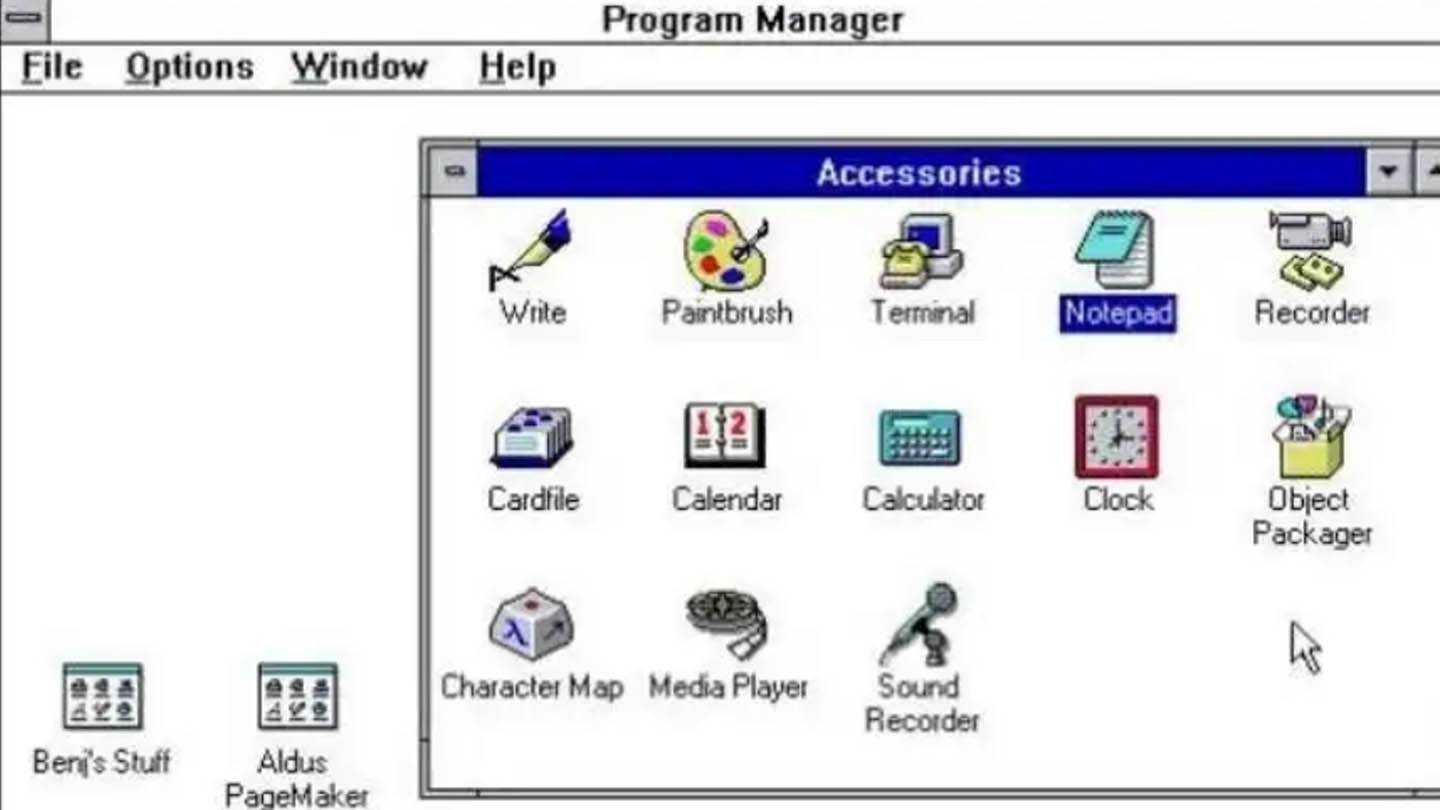
In 2015, Paris Orly Airport faced a failure when a computer running Windows 3.1—a 1992 operating system—crashed. The DECOR software, responsible for providing pilots with weather data, ceased functioning, leading to flight suspensions for safety reasons. Users jokingly suggested the computer wanted to upgrade to Windows 95.
Classic Hardware Used for Cutting-Edge Research
Although not explicitly mentioned in the original article, classic hardware is frequently repurposed for scientific research. For example, retro computers like the Commodore 64 are utilized in educational settings to teach programming basics or simulate simple physics experiments. Their simplicity makes them ideal for understanding foundational computing concepts.
Nostalgia Keeps Old Systems Alive
Beyond practical applications, many organizations retain legacy systems out of habit or nostalgia. Whether it's maintaining compatibility with existing workflows or avoiding costly upgrades, these decisions emphasize the enduring value of familiar tools.
These examples highlight how outdated technology continues to fulfill crucial roles across industries. From gaming consoles mining cryptocurrency to ancient computers guiding global defense systems, legacy tech proves remarkably resilient. While upgrades will eventually replace them, these devices remind us of the timeless importance of simplicity and reliability.

 Latest Downloads
Latest Downloads
 Downlaod
Downlaod




 Top News
Top News









